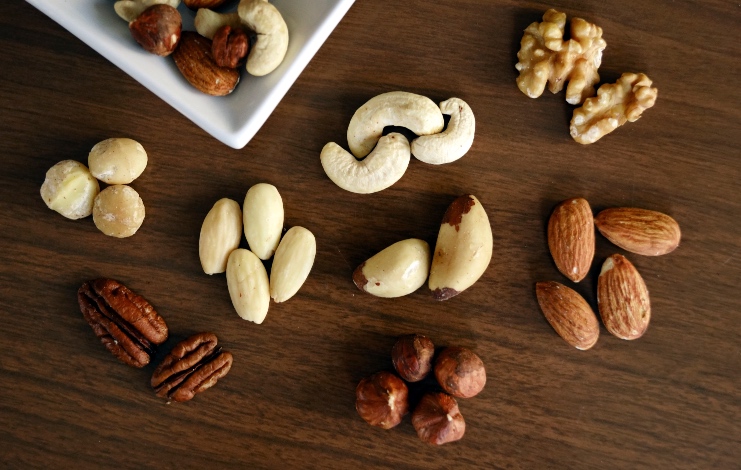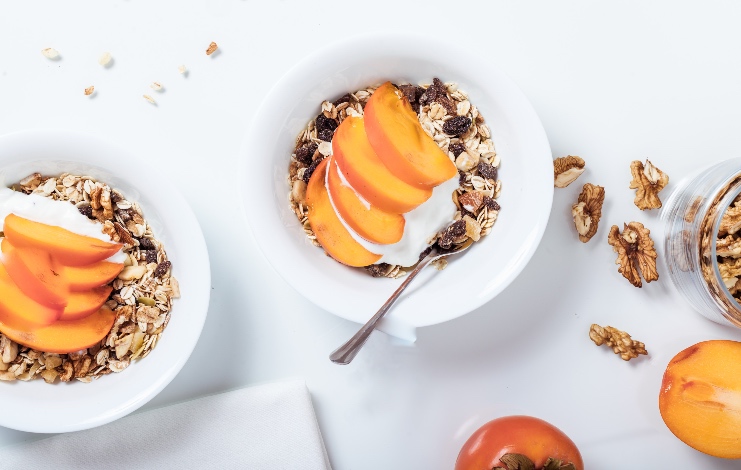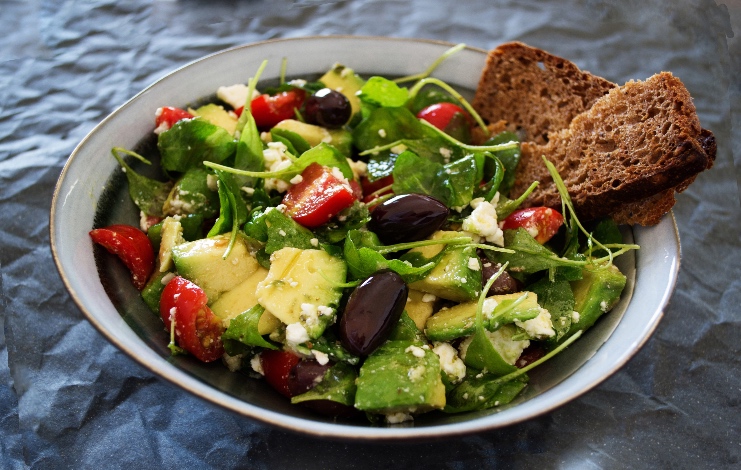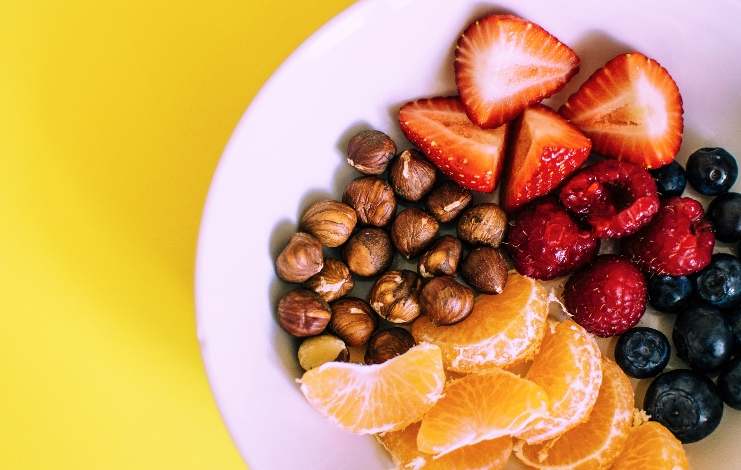With the spinning wheel of concerns, students have to deal with, including exams, essays which you can order from writing services for college students, projects, and personal interests, it seems that it can become challenging to keep up with healthy eating habits. When the choice to sleep twenty minutes more or prepare cereal for breakfast, many opt for the first one, and we cannot blame them because, without proper rest, the system wears out dangerously fast.
However, it does not mean that nutrition is less critical. If the food consumed is of low quality, a person will suffer a dramatic decline in energy, will grow weaker and weary. Therefore, it is critical for students, in particular, to choose healthy snacks to make it through the day without shooting themselves in the foot.
Students often overlook this idea of a snack. That is why this list brings it to the top to draw specific attention to the multiple advantages of consuming dried fruits. First of all, there are plenty of them (raisin, date, prune, apricot, common fig, peach, etc.). If you can mix them or eat a different fruit every day, the taste does not cloy.
Dried fruits
Dried fruits are a perfect substitute for sweets as the majority of them are syrupy and luscious. At the same time, the percentage of natural sugar in them is high enough to charge an adult person with energy for the whole day. Moreover, “antioxidants [contained in dried fruits] are associated with health benefits such as improved blood flow, better digestive health, decreased oxidative damage and reduced risk of many diseases” (Bjarnadottir). Make sure that you do not go all out with dried fruits because even a small amount supplies you with ample energy.
Nuts

Nuts are generally similar to dried fruits in the way they affect the system. For instance, macadamia nuts are only allowed in small portions (no more than a small handful of nuts per day) because of their high food value. When it comes to nuts in general, consider pistachios, hazelnuts, cashews, walnuts, almonds, peanuts, and others. Although some are a bit pricey, their richness is definitely worth it.
For instance, “they are packed with fiber, protein, vitamins and minerals, including folate, vitamin E, potassium and magnesium, and reduce ‘bad’ cholesterol” (Drayer). You can always add them to your salad or scrunch them instead of chips.
Yogurt
First and foremost, yogurt is safe for people who don’t want to gain weight. Moreover, it is safe to eat it several times a day in different flavors (even if you are lactose intolerant) (“Lactose Intolerant? What Can You Eat?”). Yogurt is perfect because it is a safe play for everyone and the taste is easily adjustable. It has a beneficial effect on the body and is a good source of calcium and proteins (Ware).
In other words, it boosts your energy immediately after intake and makes the bones stronger. Yogurt is also fermented, which means it helps to digest other products and does not weigh the body down. Another advantage of yogurt is that it is comparatively cheap, and every student can afford it on a daily basis.

Fruits (especially apples and bananas)
What makes fruits so appealing is that you can buy a kilo of apples, for example, and you are all set concerning snacks for the next two-three days. Of course, apples and bananas are only the tip of the iceberg. Avocados, grapes, litchis, kiwis, mangos, peaches, and pears are also a fair game. They are affordable, healthy, and allow you to experiment with flavor.
Try adding them to your morning cereal or yogurt; try eating them with peanut butter. Banana roll-ups with honey are especially delicious. Although each fruit has its own unique set of positive effects on the body, generally, fruits are a great source of natural sugar, which is critical for students and other people who need to work fast and efficiently.
Caprese salad
Finally, there is a Caprese salad. It is the kind of snack a student might want to buy or cook themselves to have something non-sugary and substantial at the same time. A standard Caprese serving contains less than 5 grams of sugar. Moreover, it is gluten-free, nut-free, and diet-friendly. In other words, it keeps weight gain in check and provides “a hearty dose of Vitamin C” (Shour).

Caprese is simple to prepare and is not time-consuming either, while the result ensures the refreshing taste. It is easy to carry in a bag as the ingredients (Roma tomatoes, Mozzarella, and basil leaves) are not messy; one can add balsamic vinegar and extra virgin olive oil in any dining space and enjoy their meal on the go. Another considerable advantage of Caprese is that it does not depend on the time of the year, you can enjoy it all year round.



